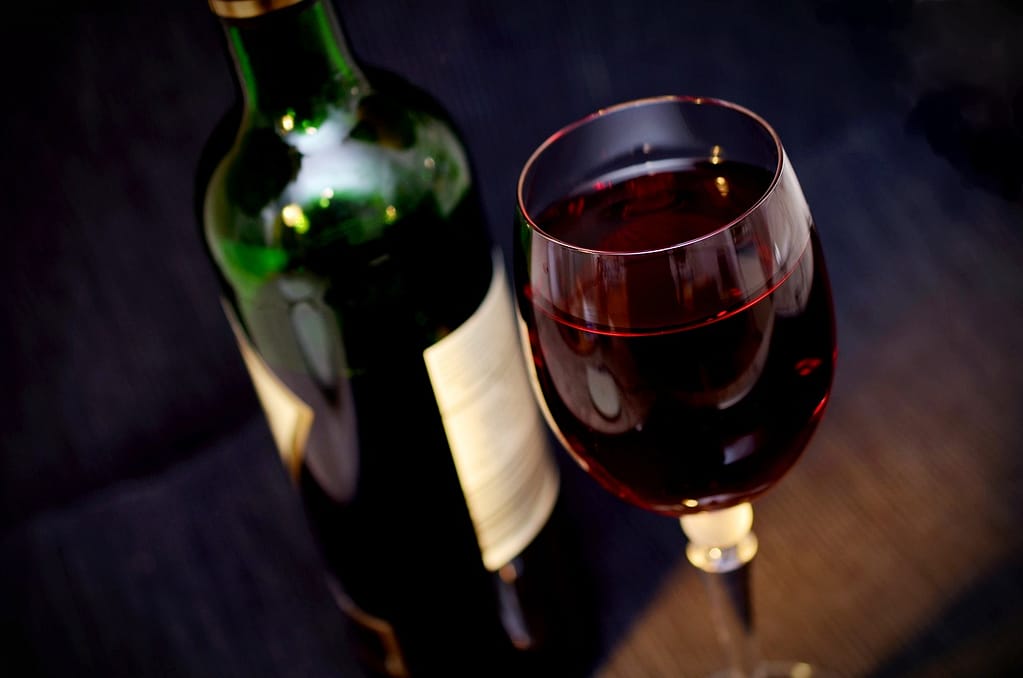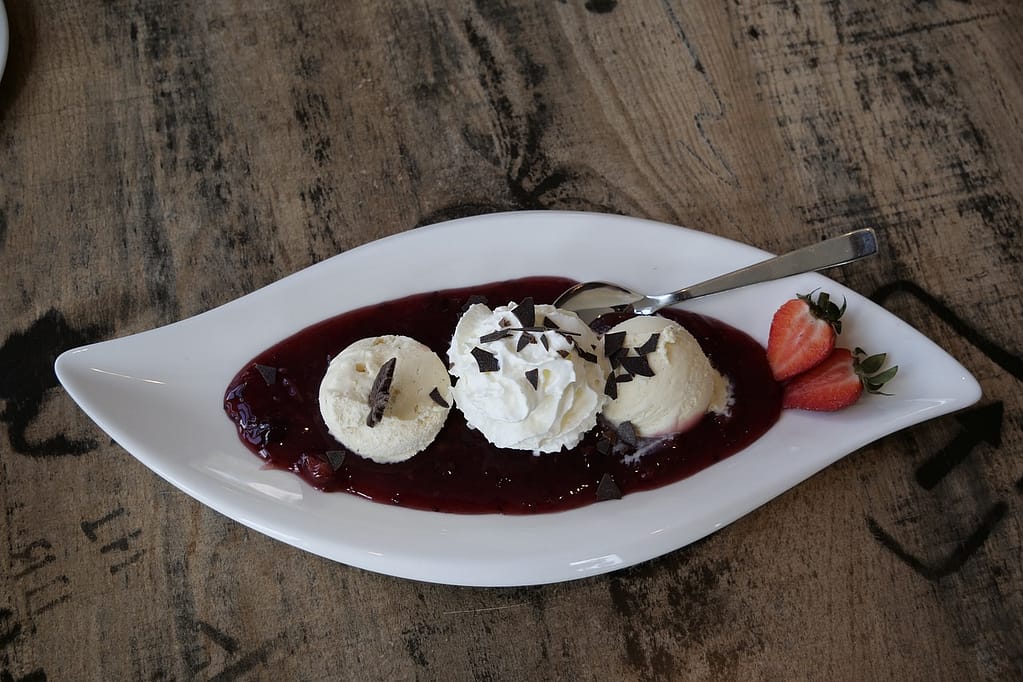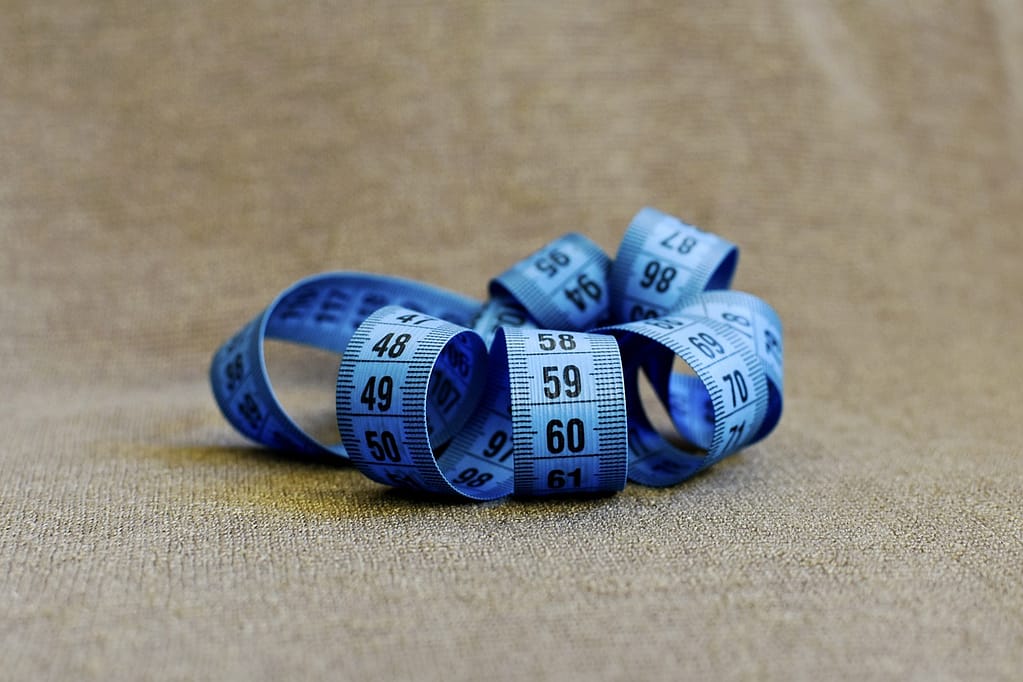Alcohol and Fitness
Alcohol and fitness are not a good combination. While moderate alcohol consumption may not have a significant negative impact on overall health for some people, excessive alcohol consumption can have serious consequences on physical and mental health, as well as fitness and athletic performance.
Alcohol can negatively affect fitness and athletic performance in several ways. First, it can dehydrate the body, which can lead to decreased endurance, decreased strength, and decreased cognitive function. Second, alcohol can disrupt sleep, which is critical for muscle recovery and growth. Third, alcohol can decrease muscle protein synthesis, which can negatively impact muscle growth and repair.

Moreover, alcohol contains empty calories that can interfere with weight loss and muscle gain. Regular consumption of alcohol can also lead to an increased risk of developing chronic diseases such as liver disease, heart disease, and some cancers.
If you choose to drink alcohol, it is important to do so in moderation and to consider the potential impact on your fitness and athletic performance. It is generally recommended to limit alcohol consumption to no more than one drink per day for women and no more than two drinks per day for men.
The Impact of Alcohol on Fitness
Alcohol can have a significant impact on fitness, affecting various aspects of physical performance and recovery.
Alcohol and Muscle Growth
When you work out, you create small tears in your muscle fibers, which then need to repair and grow stronger. This process is called protein synthesis, and it requires adequate amounts of dietary protein to be effective. However, alcohol consumption can impair protein synthesis, as it decreases the body’s ability to absorb and utilize amino acids. Additionally, alcohol consumption can increase protein breakdown, meaning that the muscle fibers you’re trying to repair may break down even further, hindering muscle growth.
Alcohol and Recovery Time
After a tough workout, your body needs time to recover and repair. This is when your muscles grow stronger and your fitness level improves. However, alcohol consumption can slow down the recovery process. Alcohol can increase inflammation in the body, which can delay muscle recovery and increase muscle soreness after exercise. Additionally, alcohol consumption can decrease the amount of human growth hormone (HGH) that your body produces, which is essential for muscle repair and growth.
Alcohol and Endurance
Endurance athletes may find that alcohol consumption impairs their performance, as it can decrease aerobic capacity and increase heart rate. This means that even if you’re in good cardiovascular shape, your ability to sustain intense exercise may be compromised if you regularly drink alcohol. Alcohol consumption can also impair muscle coordination and balance, which can increase the risk of injury during exercise.
Alcohol and Energy Levels
Alcohol can also affect energy levels, which can make it harder to maintain a consistent workout routine. Drinking alcohol can disrupt sleep patterns and decrease the quality of sleep, which can leave you feeling fatigued and lethargic the next day. This can make it harder to motivate yourself to exercise and perform at your best during workouts. Additionally, alcohol consumption can dehydrate the body, which can cause headaches, muscle cramps, and decreased energy levels.
Overall, alcohol consumption can have a negative impact on various aspects of fitness, including muscle growth, recovery time, endurance, and energy levels. While it’s not necessary to completely eliminate alcohol from your life, it’s important to be mindful of how much you’re drinking and how it may be affecting your fitness goals. Moderation, staying hydrated, and planning your drinking around your workouts are all strategies that can help you balance alcohol consumption and fitness.
Strategies for Drinking Alcohol and Maintaining Fitness Goals
If you enjoy drinking alcohol but also want to maintain your fitness goals, there are some strategies you can follow to help balance the two.
Moderation is Key
One of the most important strategies for balancing alcohol consumption and fitness is moderation. Drinking in moderation means limiting your alcohol intake to a moderate level that won’t significantly impact your health or fitness goals. This generally means no more than one to two drinks per day for men and no more than one drink per day for women.
Choose Low-Calorie Drinks
Alcoholic drinks can be high in calories, which can add up quickly if you’re trying to maintain a healthy diet. Choosing low-calorie drinks like light beer, wine, or spirits mixed with calorie-free mixers can help reduce your overall calorie intake. Avoid sugary mixers like soda or fruit juice, as these can add a significant amount of calories and sugar to your drink.

Hydration is Crucial
Alcohol consumption can dehydrate the body, which can cause headaches, muscle cramps, and decreased energy levels. Staying hydrated before, during, and after drinking can help counteract these effects. Drink plenty of water or other hydrating fluids like coconut water or sports drinks to help prevent dehydration.
Plan Your Drinking Around Your Workouts
If you’re planning to drink alcohol, it’s best to plan your drinking around your workouts. Avoid drinking alcohol before or immediately after a workout, as this can impair your performance and recovery. Instead, schedule your drinking for rest days or times when you won’t be exercising the next day. This can help reduce the impact of alcohol on your fitness goals.
Overall, balancing alcohol consumption and fitness requires some planning and strategy. Moderation, choosing low-calorie drinks, staying hydrated, and planning your drinking around your workouts are all strategies that can help you enjoy alcohol while still maintaining your fitness goals. It’s important to remember that alcohol can still have a negative impact on your fitness, so it’s best to consume alcohol in moderation and be mindful of how it’s affecting your body.
How Alcohol Affects Your Diet
Alcohol consumption can have a significant impact on your diet, and can affect your ability to achieve and maintain a healthy weight.
Alcohol and Weight Gain
Alcohol is a source of empty calories, meaning that it provides calories without any nutritional value. For example, a 12-ounce beer typically contains around 150 calories, and a 5-ounce glass of wine contains around 120 calories. These calories can add up quickly, and if you consume more calories than your body needs, you’ll likely gain weight over time.

Alcohol and Nutrient Absorption
Alcohol consumption can also increase your appetite and decrease your inhibitions, leading to overeating or poor food choices. When you drink alcohol, it can lower your inhibitions and make you more likely to choose high-calorie, unhealthy foods like pizza, burgers, or fries. Additionally, alcohol can increase the production of the hunger hormone ghrelin, which can make you feel hungry even if you’ve recently eaten.
Alcohol and Hunger Levels
Alcohol consumption can impair digestion and nutrient absorption, which can lead to nutritional deficiencies. For example, alcohol can damage the lining of the stomach and intestines, making it harder for the body to absorb nutrients from food. This can lead to deficiencies in vitamins and minerals, which can have negative health effects over time.
Alcohol and Impulse Control
Drinking alcohol regularly can increase the risk of weight gain and obesity. In addition to the empty calories and increased appetite, alcohol consumption can also disrupt hormone balance and metabolism, leading to increased fat storage in the body. Additionally, alcohol can increase inflammation in the body, which has been linked to obesity and other health problems.
Overall, alcohol consumption can have a significant impact on your diet and can make it harder to achieve and maintain a healthy weight. By being mindful of how much alcohol you consume and making healthy food choices, you can minimize the negative impact of alcohol on your diet and achieve your health goals.
Managing Alcohol Consumption in a Fitness-Oriented Lifestyle
Managing alcohol consumption in a fitness-oriented lifestyle can be a challenging task, but it is essential for maintaining a healthy and balanced lifestyle. Here are some tips to help you manage alcohol consumption while maintaining a fitness-oriented lifestyle:
Set a limit: Decide on a specific amount of alcohol you will allow yourself to consume in a given week or month. Stick to this limit to ensure you don’t overdo it.
Choose low-calorie drinks: Some alcoholic drinks, like beer and sugary cocktails, can be high in calories. Instead, opt for lower calorie drinks like wine, light beer, or spirits mixed with low-calorie mixers.
Drink water: Drinking water between alcoholic beverages can help you stay hydrated and avoid overconsumption.
Plan ahead: If you know you will be drinking alcohol, plan your meals and workouts accordingly. Eat healthy and nutritious meals and plan your workouts for the morning after to help burn off any excess calories.
Avoid binge drinking: Binge drinking can lead to unhealthy habits and can negatively impact your fitness goals. Pace yourself and drink in moderation.
Be mindful of alcohol content: Different types of alcohol have different alcohol contents. Be aware of this and adjust your consumption accordingly.
Stay accountable: Find a friend or accountability partner to help you stay on track with your alcohol consumption goals.
Remember, alcohol can have negative effects on your fitness goals, but it is possible to enjoy a drink or two while still maintaining a healthy and balanced lifestyle. It’s all about moderation, planning, and making mindful choices.
Mindful Drinking Practices
Mindful drinking practices involve being aware of your alcohol consumption, making conscious choices about when and how much you drink, and being present in the moment while you drink. Here are some tips for practicing mindful drinking:
Set intentions: Before you start drinking, set an intention for why you are drinking and how much you plan to consume. This can help you stay mindful and avoid overconsumption.
Slow down: Sip your drink slowly and take time to savor the taste and aroma. This can help you appreciate the drink and prevent you from drinking too quickly.
Take breaks: Take breaks between drinks to assess how you feel and decide whether you want to continue drinking. This can help you avoid overconsumption and stay in control.
Stay hydrated: Drink water in between alcoholic drinks to stay hydrated and avoid overconsumption. This can also help you pace yourself and prevent a hangover.
Be aware of triggers: Pay attention to the things that trigger you to drink and avoid them if possible. This can include social situations or emotions like stress or boredom.
Practice self-care: Take care of yourself before, during, and after drinking. Get enough sleep, eat healthy meals, and exercise regularly to maintain a healthy lifestyle.
Know your limits: Be aware of how much alcohol you can consume without negative consequences, both for your physical and mental health.
By practicing mindful drinking, you can enjoy alcohol in a responsible and healthy way, without negatively impacting your health, relationships, or overall well-being.
Balancing Social Life and Fitness Goals
Balancing social life and fitness goals can be a challenge, but it is possible to enjoy a social life while maintaining a healthy and active lifestyle. Here are some tips for finding the right balance:
Schedule your workouts: Make your workouts a priority and schedule them into your calendar, just like you would with any other appointment. This can help you stay committed to your fitness goals, while still making time for social activities.
Find active social activities: Look for social activities that involve physical activity, such as hiking, dancing, or playing sports. This can help you stay active while still enjoying time with friends.
Plan ahead: If you know you have a social event coming up, plan your meals and workouts accordingly. Eat healthy and nutritious meals before the event, and try to fit in a workout earlier in the day.
Make healthy choices: When you are out with friends, make healthy choices when it comes to food and drink. Opt for healthy menu options, drink water instead of sugary or alcoholic beverages, and avoid overindulging.
Set boundaries: It’s okay to say no to social events if they conflict with your fitness goals. Remember that your health and well-being are a top priority.
Find support: Surround yourself with friends and family who support your fitness goals and understand the importance of leading a healthy lifestyle.
Be flexible: Remember that balance is key, and sometimes it’s okay to indulge in social activities and enjoy life, even if it means deviating from your fitness routine for a day or two.
By finding the right balance between social life and fitness goals, you can lead a healthy and fulfilling lifestyle that allows you to enjoy both social activities and physical activity.
Accountability and Support
Accountability and support can be essential for achieving and maintaining fitness goals. Here are some tips for finding accountability and support:
Find an accountability partner: Look for someone who shares similar fitness goals and can provide motivation and support. This could be a friend, family member, or personal trainer.
Join a fitness group: Joining a fitness group or class can provide a sense of community and accountability. It can also be a great way to meet like-minded people who share similar goals.
Use technology: There are many apps and online communities that can provide support and accountability. You can track your progress, connect with others, and receive encouragement and feedback.
Hire a personal trainer: A personal trainer can provide accountability, guidance, and motivation. They can also help you create a personalized fitness plan that is tailored to your specific goals and needs.
Share your goals: Tell your friends and family about your fitness goals. This can help you stay accountable and receive support and encouragement from those around you.
Celebrate progress: Celebrate your progress along the way, no matter how small. This can help you stay motivated and continue working towards your goals.
Remember, accountability and support can be a powerful tool for achieving and maintaining fitness goals. By finding the right support system and staying accountable, you can increase your chances of success and enjoy a healthier, happier lifestyle.
Incorporating Non-Alcoholic Alternatives
Incorporating non-alcoholic alternatives can be a great way to reduce alcohol consumption while still enjoying social events. Here are some tips for incorporating non-alcoholic alternatives:
Plan ahead: Before attending a social event, research and plan ahead for non-alcoholic alternatives that you can enjoy. This can help you avoid feeling left out or tempted to drink alcohol.
Try mocktails: Mocktails are non-alcoholic versions of cocktails that are typically made with fruit juices, syrups, and sparkling water. They can be a fun and flavorful alternative to alcoholic drinks.
Choose non-alcoholic beer or wine: Non-alcoholic beer and wine are becoming more widely available and can provide a similar taste and experience to their alcoholic counterparts.
Experiment with flavored sparkling water: Flavored sparkling water can provide a refreshing and satisfying alternative to sugary or alcoholic drinks.
Make your own drinks: Experiment with creating your own non-alcoholic drinks using fresh fruits, herbs, and spices. This can be a fun and creative way to enjoy delicious drinks without alcohol.
Be open with your friends: Let your friends know that you are choosing to drink non-alcoholic alternatives and ask for their support. You may find that others in your social circle are also interested in non-alcoholic options.
Remember, incorporating non-alcoholic alternatives can help you maintain a healthy lifestyle and reduce the negative effects of alcohol consumption. By being open-minded and creative, you can enjoy social events without compromising your health or fitness goals.
Final Thought
Maintaining a fitness-oriented lifestyle while balancing social life can be challenging, but it is possible with the right mindset, planning, and support. Remember to set realistic goals, prioritize your health, and be kind to yourself along the way. Incorporating mindful drinking practices and non-alcoholic alternatives can also be a great way to support your overall health and wellness. Stay committed, stay motivated, and enjoy the journey towards a healthier and happier lifestyle.
The Site cannot and does not contain fitness, legal, medical/health, financial advice. The fitness, legal, medical/health, financial information is provided for general informational and educational purposes only and is not a substitute for professional advice. Accordingly, before taking any actions based upon such information, we encourage you to consult with the appropriate professionals. We do not provide any kind of fitness, legal, medical/health, financial advice. THE USE OR RELIANCE OF ANY INFORMATION CONTAINED ON THE SITE IS SOLELY AT YOUR OWN RISK.
DISCLAIMER
Average Rating